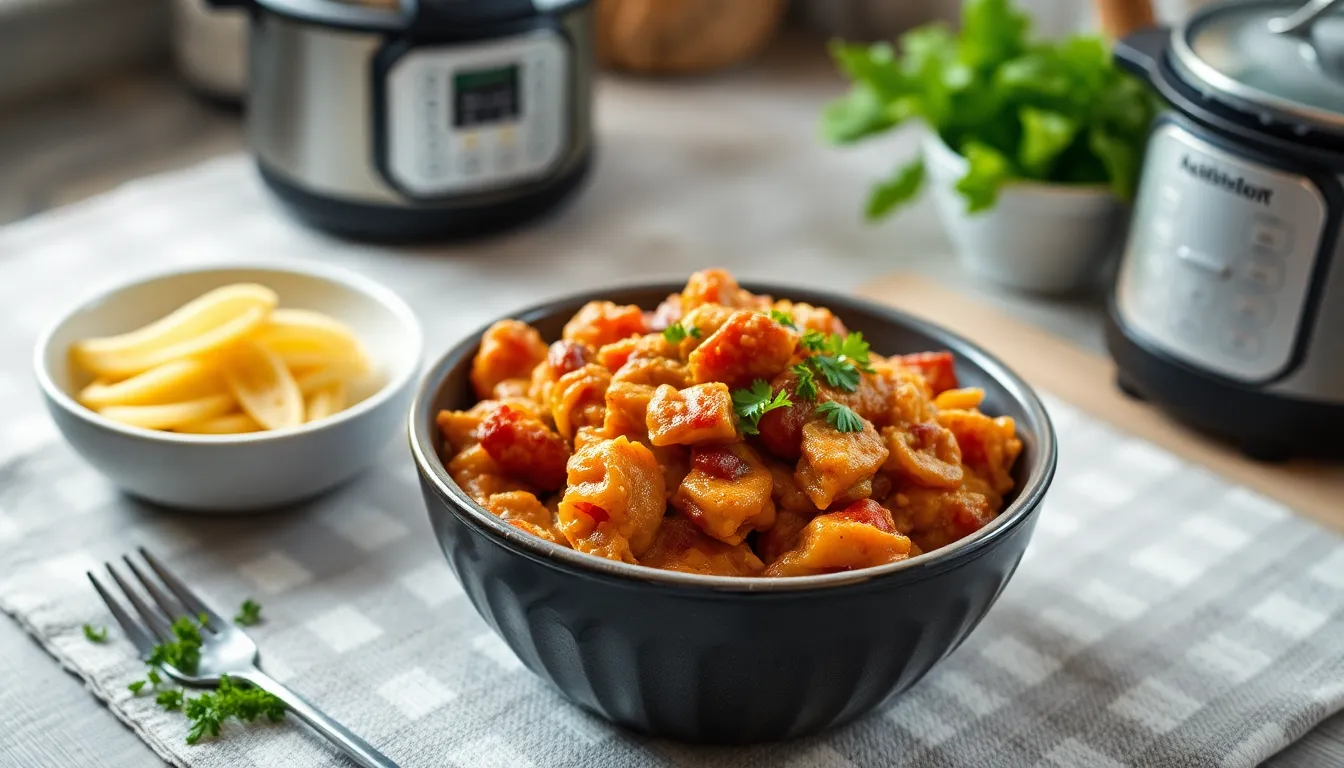The Best Legumes for Your Hair: Nutritional Benefits
In our quest for luscious, vibrant hair, we often focus on external treatments, neglecting the crucial role that nutrition plays in maintaining hair health. The way our hair looks and feels is closely linked to the nutrients we consume. Hair, like any other part of our body, thrives on a balanced diet rich in essential vitamins and minerals. One of the most underrated food groups that can significantly contribute to hair health is legumes.
This article delves into the world of legumes, exploring some of the best types to include in your diet for optimal hair health. We aim to uncover how these nutrient-packed foods can help you achieve the hair of your dreams while also enjoying delicious meals. So, let’s jump right in!
Section 1: Understanding Hair Health
1.1 The Role of Nutrition in Hair Growth
The growth and health of hair are highly influenced by various nutritional factors. Hair is primarily made up of a protein called keratin, which requires an adequate intake of protein-rich foods for optimal growth. Additionally, several vitamins and minerals play critical roles in the hair growth cycle, including:
- Vitamin A: Essential for cell growth and helps produce sebum, which keeps hair moisturized.
- Vitamin E: Acts as an antioxidant and improves blood circulation to the scalp.
- Biotin: A B-vitamin necessary for the production of keratin, promoting hair strength.
- Iron: Supports oxygen transport in the blood, crucial for hair follicle function.
- Zinc: Plays a role in maintaining the oil glands around hair follicles.
1.2 Common Nutritional Deficiencies Impacting Hair
Several nutritional deficiencies can lead to hair loss or overall poor hair health. Some common deficiencies include:
- Protein Deficiency: Can lead to hair thinning or loss.
- Iron Deficiency: Often results in hair shedding and dullness.
- Biotin Deficiency: Can cause hair breakage and loss.
- Zinc Deficiency: Leads to hair fragility and loss of luster.
Section 2: Introduction to Legumes
2.1 What are Legumes?
Legumes are a family of plants known for their edible seeds, which grow in pods. Common examples include:
- Beans (black beans, kidney beans, pinto beans)
- Lentils
- Chickpeas (garbanzo beans)
- Peas
These versatile foods are not only delicious but also packed with essential nutrients that support overall health.
2.2 Nutritional Profile of Legumes
Legumes are celebrated for their impressive nutritional profile:
- High in Protein: A great source of plant-based protein.
- Rich in Fiber: Promotes digestive health and helps maintain stable blood sugar levels.
- Vitamins and Minerals: Provide essential nutrients like iron, folate, magnesium, and zinc.
Including legumes in your diet can yield numerous health benefits, particularly for hair health.
Section 3: The Best Legumes for Hair Health
3.1 Chickpeas
Chickpeas, or garbanzo beans, are not only a staple in Mediterranean cuisine but also a powerhouse for hair health. Rich in protein, iron, and zinc, they offer several benefits:
- Protein Content: Supports keratin production.
- Iron: Aids in oxygen transport to hair follicles.
- Zinc: Helps maintain oil glands around hair follicles.
Suggested Recipes:
- Chickpea salad with cucumbers and feta
- Hummus served with whole-grain pita
- Chickpea curry with spinach and tomatoes
3.2 Lentils
Lentils are another fantastic legume that supports hair health. They are a rich source of protein, iron, and biotin, making them essential for strong hair:
- Biotin: Encourages hair growth and strength.
- Iron: Prevents hair loss due to deficiency.
- Protein: Essential for building hair structure.
Suggested Recipes:
- Lentil soup with carrots and celery
- Vegetable lentil stew
- Lentil salad with lemon vinaigrette
3.3 Black Beans
Black beans are not just delicious but also loaded with nutrients that benefit hair health. They provide protein, iron, and antioxidants:
- Protein: Vital for hair structure.
- Iron: Promotes oxygenation to hair roots.
- Antioxidants: Help combat oxidative stress affecting hair follicles.
Suggested Recipes:
- Black bean tacos with avocado and salsa
- Black bean soup topped with cilantro
- Black bean salad with corn and bell peppers
3.4 Kidney Beans
Kidney beans are another nutrient-rich legume that is excellent for hair health. They are high in protein and crucial minerals:
- Protein: Supports hair keratin production.
- Iron: Reduces hair loss risk.
- Folate: Essential for healthy cell division.
Suggested Recipes:
- Chili with kidney beans and ground turkey
- Kidney bean salad with olive oil dressing
- Vegetable stir-fry with kidney beans
3.5 Peas
Peas, especially green peas, are a tasty addition to any meal and are packed with nutrients that promote hair health:
- Proteins: Contributes to hair strength.
- Vitamin C: Boosts collagen production for stronger hair.
- Folate: Aids in the regeneration of healthy hair cells.
Suggested Recipes:
- Pea and mint soup
- Stir-fried peas with garlic and herbs
- Pea and ricotta pasta dish
Section 4: Nutritional Benefits Table
4.1 Nutritional Comparison of Selected Legumes
| Legume | Protein (g) | Iron (mg) | Biotin (mcg) | Zinc (mg) |
|---|---|---|---|---|
| Chickpeas | 15 | 2.9 | 2 | 1.5 |
| Lentils | 18 | 3.3 | 0.6 | 1.3 |
| Black Beans | 15 | 2.1 | 0.2 | 1.6 |
| Kidney Beans | 13 | 2.9 | 0.4 | 0.6 |
| Peas | 9 | 1.2 | 0.2 | 0.5 |
Incorporating these legumes into your diet not only enhances your meals but also brings a wealth of nutritional benefits that can promote hair health. Eating a diverse range of these foods can help combat nutritional deficiencies that impact hair growth and strength.
Conclusion
Legumes are a fantastic addition to any diet, particularly for those seeking to improve their hair health. With their rich protein content, vitamins, and minerals, chickpeas, lentils, black beans, kidney beans, and peas all contribute to stronger, healthier hair. By including these magical beans in your meals, you can nourish your hair from the inside out. So, next time you plan your meals, don’t forget to add a serving of legumes and enjoy the benefits they have to offer!




